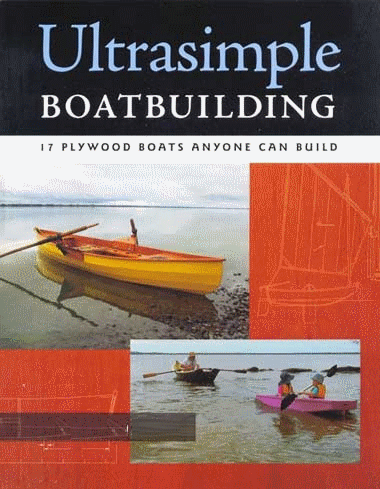

Phase II of the Annie Bucks change over from her summer outfit to her winter outfit occurred as two incredible storms were on our doorstep: Hurricane Sandy (otherwise known as Frankenstorm) and the 2012 Presidential Elections. As I write this, the hurricane is bearing down on us, so if my writing seems a bit off, its because Ive got my mind in a few different places. This story is about yesterday and as I write it I dont know what the outcome of today will be...
?
 |
| David pointing to the winch on the boom. The mast is the pole with the "whiskers". |
It has to be done when it has to be done and on the day the rain bands were arriving in advance of Hurricane Sandy, it was necessary to install the mast and boom used for oyster dredging into the Annie Buck to be ready in time for the season.
 |
| The boom comes out of the truck first. |
The mast has to be installed first, but the boom is on top, and so it is the first off the truck. It is placed out of the way, as much as it can be, on the dock.
 |
| The mast is all steel and quite heavy. |
As it was when we removed the canopy, you find that its a long distance from the decks of the boat to the floor, especially when you are carrying something heavy and even more so when there is a momentum to the object being carried, because of all of the people involved. Everyone has to be quick and careful and to be aware that if you are at the wrong part of the dock, or boat, it is easy to step off onto nothing and end up in the water.
 |
| Board being bolted to mast bottom. |
The bottom of the mast is attached to a board which is bolted to the floor just behind the pilot house. That board is bolted to the mast first and then the mast is brought upright. There is a bit of finagling to get the bolt holes in the board to line up with those in the floor. When the holes are aligned, lag bolts are set in, but the mast is by no means secured.
 |
| Raising the mast. |
What really controls the stability of the mast are the various lines running from the top of the mast to the bow of the boat and to points near the sheer line in the forward half of the boat. These lines are made of “wire rope” and their tension is controlled by long turnbuckles.
 |
| Securing the mast. |
After the mast is in place, the boom is brought aboard and attached to its mounting point by a very sturdy assembly made of stainless steel. Of course, as we are doing all of this, there is a wall-like line of clouds in the SouthEast sky; probably the first part of Sandy...
???
 |
| Bringing the boom aboard. |

I just want to say that its clear as I write this, that a lot of people that we know and love are going to be hit hard by this one. I hope that everyone fares well in Hurricane Sandy...







0 komentar:
Posting Komentar